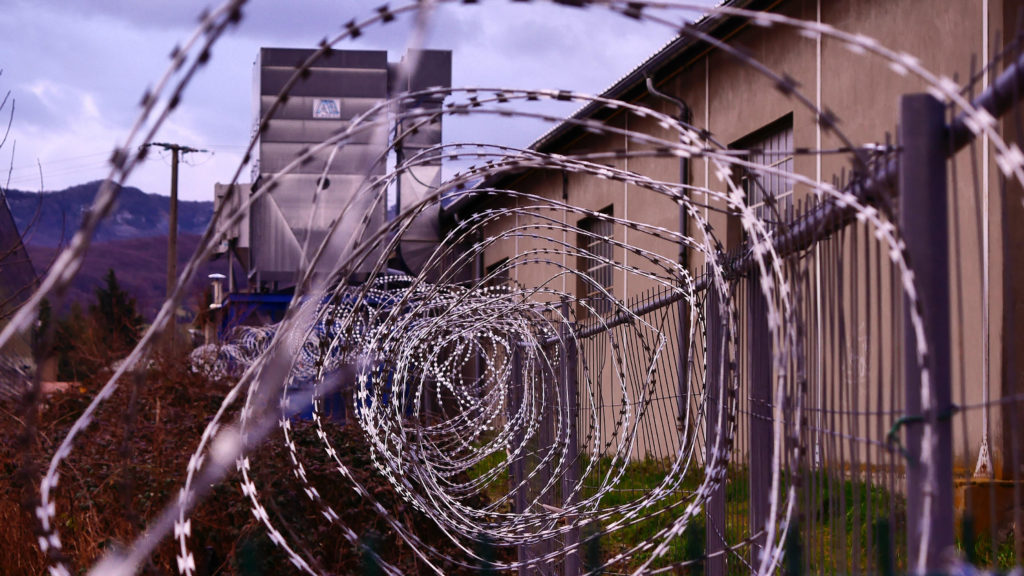By Margaret Colson
The Alabama Baptist
How can I maintain a healthy and balanced lifestyle during the COVID-19 crisis? How can I keep up with the latest news without letting it invade my every thought? How can I love my neighbor while practicing social distancing?
With the COVID-19 pandemic dominating headlines and creating significant lifestyle changes, these and other questions are on the minds of many. Lisa Keane, clinical director at Pathways Professional Counseling, offers perspective and practical tips to help us all press on through this unprecedented time.
Isolated but not alone
“Social isolation, while necessary at this time, can also cause people significant anxiety or cause feelings of depression to set in quickly,” said Keane. She encourages people “to be proactive in staying connected during social isolation. Talk to neighbors from a safe distance; sit outside and talk to those passing by; connect on video calls and join virtual prayer meetings at your church. Try to engage in online events. Pick up the phone and call people too. Don’t be afraid to reach out if you are feeling lonely.”
Even those who do not have access to technology, such as some senior adults, can find opportunities to connect during the time of social isolation. Writing, she said, “is a very healthy form of processing what is going on.” Writing letters opens the door for relationship in the midst of the crisis. “Write letters to people you don’t see very often or to whom you think could use a word of encouragement. Write to those whom you feel safe sharing how you feel and be open about any struggles you might be experiencing. You will feel less alone knowing someone will read them,” she suggested.
Social distancing doesn’t have to mean that Christians can’t love their neighbors, she believes. Keeping a safe distance “doesn’t mean that your words cannot reach them and offer high levels of compassion. Send texts, notes, letters or emails to those that you feel could use an extra word of encouragement. Offer to run groceries or food over to those who really do not need to be out at all during this time. You can drop things at their door to brighten their day without having to have contact. And of course, you can be praying for people, which can always be done at a safe distance,” she said.
Biblical guidance
One biblical passage in particular offers three steps for individuals struggling with anxiety or stress related to the pandemic, Keane believes. “This is the time to read and meditate on Philippians 4:4-9,” she said. “Look at these three steps: rejoice, pray and think on things that are true, lovely and pure.”
- The passage calls on Christians to rejoice. “Think of this time as a mental reset where you now have time to write a gratitude journal and to focus on the goodness of the Lord. Write out promises you hold onto that remind you to rejoice in the Lord each day,” Keane explained.
- The passage reminds believers to pray. “Start a prayer journal where you can specifically write out anxieties you are experiencing, prayer requests and promises from His Word that you would like to hide in your heart. Actively engage in your faith so that you can experience that ‘peace that surpasses all understanding,’” she said.
- The passage encourages Christians to “think on these things.” Keane advised, “Set limits on the information that causes you stress, and increase your intake of God’s Word. Write God’s promises on index cards around your house; add reminders to your phone to have Scriptures pop up on your screen, and share promises you are meditating on with others.”
Keane believes people should set limits on the amount and type of news they are taking in. “If all you are doing is constantly flipping through social media feeds, news feeds and commentators on today’s issues, you will find yourself mentally exhausted and anxious,” she said. “While I enjoy knowing what is going on, I also need to make sure I am leaving space for uplifting, encouraging information too. Am I reading God’s word daily and feeding my soul with Bible study? Am I offering up time in prayer more than I am reading feeds on my phone?” She suggests setting certain times during the day for news updates and also certain times to turn those updates off. “Make sure,” she said, “you do not just feed your mind news and updates but rather feed it with things that bring you joy and encouragement.”
Healthy lifestyle
With constant reminders to care for our physical health through preventative measures such as handwashing and social distancing, Keane also commends going further to maintain physical health. “Your physical well-being will greatly impact your ability to regulate your emotions during this time,” she said.
Even with life looking differently than it did even a few days ago, especially with more time being spent at home, physical health can be maintained.
“While at home, establish a routine for yourself where you get up and go to bed at the same times. Increase your physical activity through walking outside if able; do an online exercise class (several are free right now) or just move more around your house. Make sure you are feeding yourself healthy foods … Also, don’t forget to eat lunch. … Eating will help keep your energy levels up,” she said.
The “unknown” of how long the crisis will last or when life might return to “normal” creates stress, Keane acknowledges. In many ways it is difficult to even “wrap our minds around” all that is occurring, she said. Navigating through the crisis requires intention and commitment.
“God made us to be integrated creatures where we have to take care of ourselves physically, emotionally and spiritually. Make sure you are doing something for yourself in each one of these categories each day as you walk through this stressful time,” she said.






Share with others: